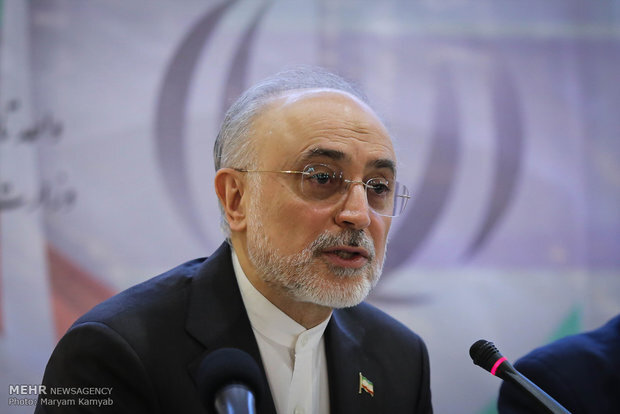
Today the globally renowned EDI (formerly Edifice Global Investments) announced its latest large development project in the hotel industry, announcing the beginning of construction on three resorts that will sit adjacent to each other along Cox's Bazar's famous beachfront.
The Bengali government has approved of the project, which aims to attract more Italian tourists to Bengal by creating resorts specifically tailored to Italian all-inclusive tourists as well European holidaymakers in general. It is hoped that Cox's Bazar, already one of Bengals most popular tourist spots, will become a tourism hub for Italians and other Europeans who wish to make a long-haul holiday to a tropical climate, offering an alternative to typical spots such as Thailand and Bali.
€200 million will be spent by EDI to build the three resorts, which will each have a distinctive feature separating them apart. One resort will be a golf resort catering mostly to golfing enthusiasts and their families. The next resort will be family orientated, offering family apartments as well as normal hotel suites. The final resort will be a spa resorts catering more towards adults and couples rather than families, with state-of-art indoor and outdoor spa facilities.
Flights from Italy and the rest of Europe will arrive at Queen Elizabeth Airport, the airport of Bengals capital city, where a 1.5 hour coach ride will deliver tourists to the resorts. Once at the resorts tourists will be able to take organised day trips to local towns, the capital of Bengal as well as to cultural and heritage sites and will have access to taxi's and car hire at the resort entrance to allow for more independent travel and exploration.
Plan for Golf Resort:

Plan for Family Resort:

Plan for Spa Resort:

















































